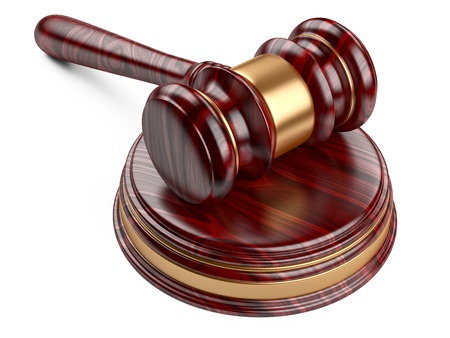
The Supreme Court majority continued in relevant part: While showing surveillance footage, the prosecutor asked about “the defendant’s shoes.” Detective Quesada described the shoes as having white soles and three white stripes. The prosecutor next showed the detective a pair of sneakers admitted into evidence and Detective Quesada testified, “these were the sneakers that the defendant was wearing at the time of his arrest.” Defense counsel objected, but the trial judge permitted Detective Quesada to testify about the similarities between the sneakers he saw on the video and the sneakers worn by defendant at the time of his arrest.
Defendant was convicted of first-degree robbery and other offenses. On appeal, he challenged Detective Quesada’s testimony as “improper lay-witness opinion testimony as to the content of the surveillance video and the identity of the robber.” The Appellate Division affirmed defendant’s convictions and sentence. The New Jersey Supreme Court granted certification limited to the lay-witness opinion issue.
The detective should not have referenced defendant in his summary of the surveillance footage. Here, however, that fleeting reference did not amount to plain error in light of the other evidence produced. And the detective’s testimony regarding the sneakers was proper. He saw the sneakers on the video prior to testifying and had firsthand knowledge of what the sneakers looked like because he saw defendant wearing them on the night of his arrest. N.J.R.E. 701 requires only that testimony be rationally based on the witness’s perception and that such testimony help the jury.
N.J.R.E. 701 governs the admission of a lay witness’s opinion testimony. The first prong of that Rule requires the testimony to be based on the witness’s “perception,” which rests on the acquisition of knowledge through use of one’s senses. The second requirement of N.J.R.E. 701 is that lay-witness opinion testimony be limited to testimony that will assist the trier of fact either by helping to explain the witness’s testimony or by shedding light on the determination of a disputed factual issue.
The term “defendant” has a very negative connotation. It is also misleading to the extent that the accused has no obligation to “defend” against anything. The burden of never shifts from the State to prove every element of an offense beyond a reasonable doubt. The Court’s recitation of the facts indicates that the term “defendant” was repeatedly used by the prosecutor and prosecution witness.
